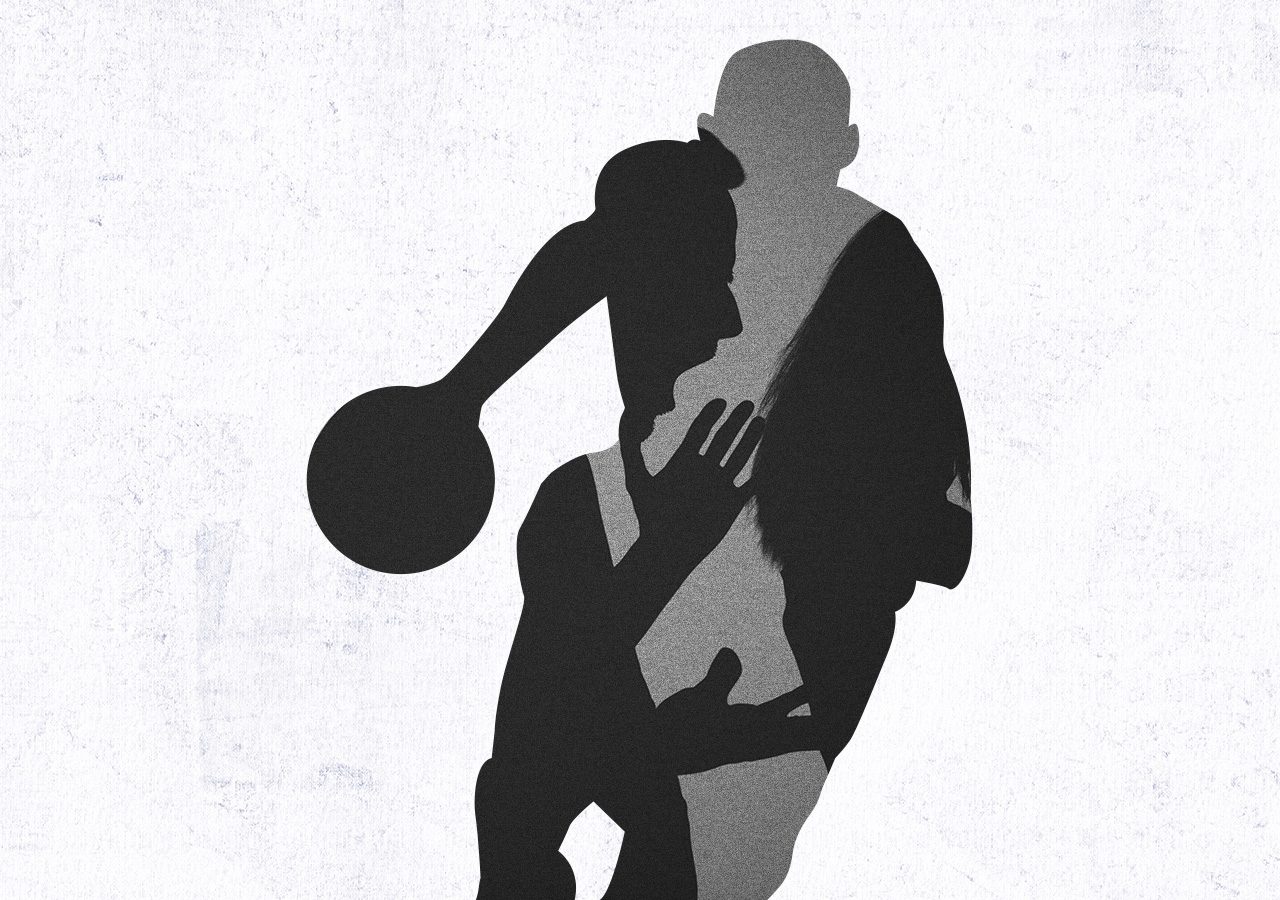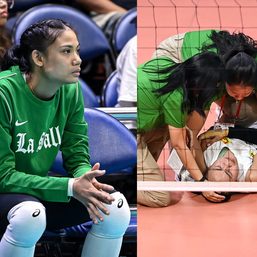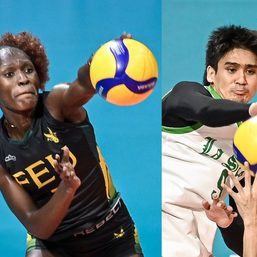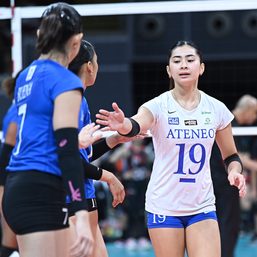SUMMARY
This is AI generated summarization, which may have errors. For context, always refer to the full article.

Varsity season has begun. Students, faculty, staff, alumni, and fans have geared up to rally behind their star players as schools battle it out for the coveted champion title. However, behind the decades-old sports competitions is a dark underbelly of sexual and gender-based violence (SGBV) within the student-athlete community.
In general, the culture surrounding male sports has been criticized for fostering toxic masculinity and violence against women. The term “locker room talk” erupted into the mainstream – explaining the practice where male athletes objectify women among their teammates.
In fact, academics have coined a term for it: male peer support theory. In 1997, male support theory was described by authors Schwartz and DeKeserdy as “the emphasis on how some male groups provided messages, support, and training for its members to engage in violence against women they were dating or who were intimate partners.”
While this explanation is applicable to many groups, it has been most commonly used in the context of fraternities and group sports such as basketball, football, and the like. A 2020 study discussing male peer support theory’s contribution to the relationship of masculinity, sports, and violence against women reported that “since [1997], close to 50 research articles and a variety of books have tested smaller or larger pieces of the MPS theory.”
The results have “almost uniformly found that the messages and the support provided by male peers in favor of establishing power and dominance over women have been statistically linked to a variety of harms, including penetrative sexual assault, other sexual assaults, physical violence, stalking, sexual harassment, and image-based sexual assault.”
From the West to the East, allegations of harassment, assault, and domestic violence against athletes have risen over the past few years. In the Philippines, ex-UAAP courtside reporter Agatha Uvero released a statement detailing a history of violent acts conducted by ex-UP basketball player Paul Desiderio.
The PBA is no stranger to domestic abuse, where cases of violence against women committed by PBA players have been publicized per year since 2018.
However, when it comes to the student-athlete community, a deluge of factors makes it difficult to hold abusers accountable for their actions. Sexual and gender-based violence within universities is an open secret that has routinely been criticized, and one thing unfortunately common with these cases is how they often start and gain traction: with anonymous posts circulated online.
Many factors have been attributed to why students hesitate to come forward with cases that involve other members in the community. One of the most prominent reasons is the power dynamic not just between faculty and students, but also student-athletes who are revered by members within and outside the university community.
Due to the fact that college basketball is a highly watched sport in the country, these students are catapulted into stardom – amassing fanbases, securing brand deals, and having the loud, explicit support of the universities they play for. This further complicates the already lengthy list of deterrents that hinder victim-survivors of sexual and gender-based violence to come forward. Not only will they have to recount their trauma within or outside disciplinary systems in schools, but they also have to deal with public backlash from fans, alumni, students, and the like.
Coming forward with a story of sexual and gender-based violence is already an incredibly difficult decision to make for victim-survivors, but having to defend yourself from public backlash is another level of trauma that forces them into silence.
One of the most prominent examples of this phenomenon comes from a Twitter storm in 2021, where 15 different allegations and evidence of sexual and gender-based violence against a then-Blue Eaglet went viral on the platform. Since going public, almost all of those who came forward have either deleted their tweets or deactivated their accounts. The player now plays for the Blue Eagles.
When allegations of sexual and gender-based violence circulate online, many respond by encouraging survivors to go through “proper channels” of reporting. What is lacking is a look at the bigger picture of the culture of silence that prevents victim-survivors from processing their trauma, finding the courage to come forward with their story, and factoring in the “consequences” if they try to hold their perpetrators accountable.
With all things considered, it’s not a surprise that many victim-survivors have not spoken up about their abuse. It’s a paradox that too many women and gender minorities have to grapple with every day.
Accountability is important, but it cannot exist in a vacuum especially when the psychological and physical safety of vulnerable minorities are at stake. It doesn’t help that the discourse surrounding sexual and gender-based violence comes in waves – people only talk about it publicly at the expense of someone coming forward.
Issues are smoothed over by statements promising investigations and emphasizing a safe space for gender minorities. But when the cases don’t stop coming, when names become hashtags or trends on Twitter every year, at what point do those in power realize that an entire system needs to be overhauled?
How do you battle a culture so entrenched in the sports that we love to watch? There is no singular answer. Gender justice is fickle. What is important is that people need to start these difficult conversations.
It’s high time to stop treating victim-survivors as collateral damage for school pride. When we show up in pep rallies and cheer our school chants, we need to start asking ourselves: whose voices do we drown out in the process? – Rappler.com
Add a comment
How does this make you feel?





There are no comments yet. Add your comment to start the conversation.